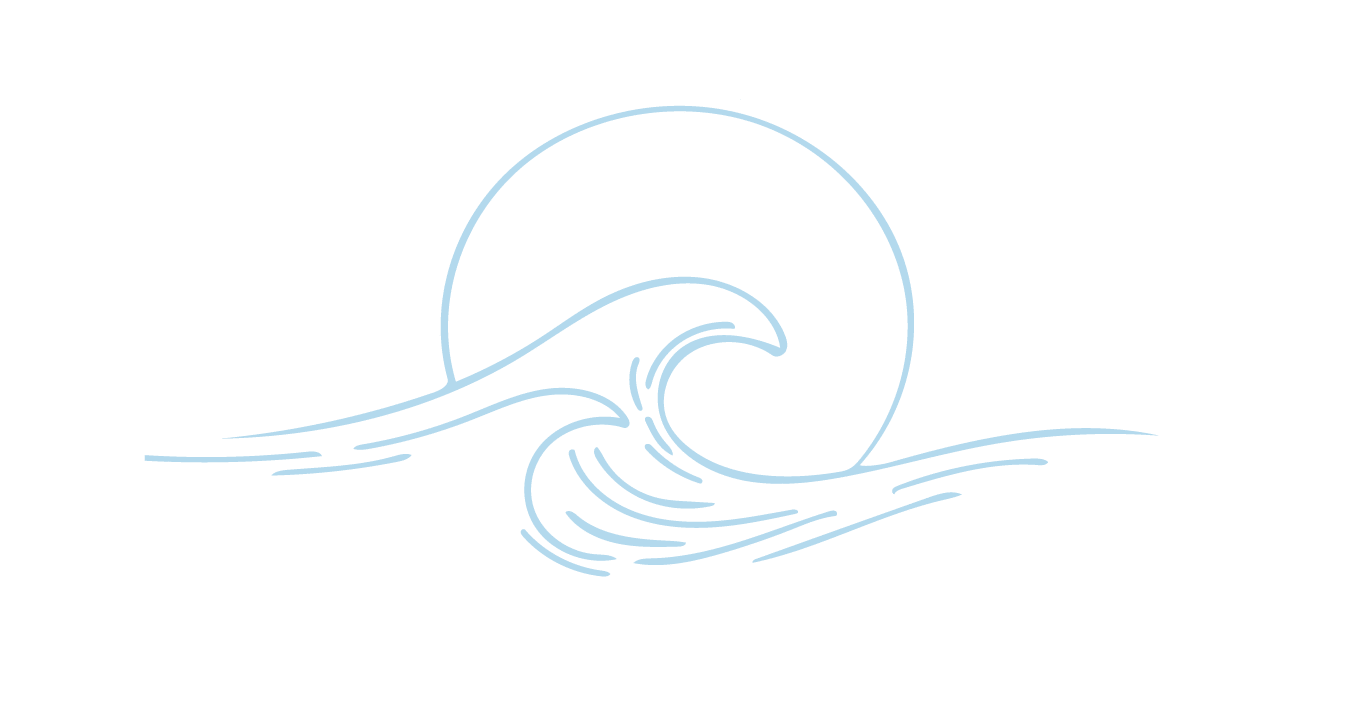The National Institute on Drug Abuse notes that addiction is a chronic, relapsing disease. Similar to other medical conditions such as asthma or diabetes, the symptoms of addiction may fade and return several times throughout one’s life. When symptoms return, it is called relapse. It is not uncommon for people to see relapse as a failure, either of the addiction treatment program or of the individual to resist the temptation of returning to drug and alcohol use.
It is crucial to remember that relapse is not indicative of failure. In fact, many studies show that more than two-thirds of individuals who have completed an addiction treatment program will experience relapse within a few months of completing treatment. Although frustrating, relapse is frequently part of the addiction recovery journey.
What Causes Relapse?
Relapse occurs when someone with a chronic illness, whether addiction or otherwise, experiences a recurrence of symptoms. For someone with an addiction, there is a period of sobriety before returning to drinking or drug use. Again, experiencing relapse is not an indication of failure; rather, an indication that it is time to return to an addiction treatment program with a revised treatment plan that can better address your treatment needs and goals.
Relapse often occurs when someone stops adhering to their treatment plan. This could mean they stopped taking medications designed to prevent substance use or reduce cravings. Or it could mean that they stop participating in therapy or peer support groups that help with relapse prevention. Other potential causes of relapse are triggers such as people, situations, or places that remind someone of drinking or using drugs. When exposed to triggers, it can be challenging to resist reverting back to former habits.
What are the Signs of Relapse?
Relapse is not necessarily a singular event. Instead, it is a process often broken down into three stages, including emotional, mental, and physical relapse. Each stage of relapse is characterized by different signs and symptoms depending on the individual. Emotional relapse, often the first stage of relapse, occurs before someone actually starts using again. They may display emotional responses such as anxiety, anger, and moodiness. They may also struggle with sleep and diet. Due to dramatic mood swings and a lack of desire to reach out to support systems, their desire to maintain sobriety may begin to fade.
During the second stage of relapse, mental relapse, thoughts about using again begin to occur. At this point, it is very difficult to push those thoughts away regardless of how desperately the individual wants to maintain sobriety. In general, once someone reaches this stage and decides they are going to use again, it is just a matter of time until physical relapse occurs.
The third stage of relapse, or physical relapse, is what most people think of when they hear the word “relapse.” Physical relapse occurs when the individual consumes alcohol or uses drugs leading to a break in their sobriety. At this point, it is crucial to get back to treatment as quickly as possible.
What is a Relapse Prevention Program?
A relapse prevention program or relapse prevention plan is the set of tools, skills, and techniques someone recovering from addiction can use to avoid relapse. A significant element of addiction therapy involves learning and practicing safer, healthier coping tools you can use to manage triggering situations that once lead you to use drugs or alcohol.
What Happens in a Relapse Prevention Program?
An important part of a relapse prevention program or relapse prevention planning is to consider your specific triggers and what types of coping strategies you can use to manage those people or situations. Although the early stages of recovery are often the most complicated, with a comprehensive relapse prevention program, it is possible to embark on your newly sober journey feeling confident in your ability to manage the challenges that may arise.
In addition to relapse prevention tools developed and practiced during your primary treatment program, many relapse prevention programs also include ongoing therapy and the use of peer support groups. The members of peer support groups share common goals. Many also share similar setbacks and worries as they progress through the early days of sobriety. Participating in a support group can give you a strong, like-minded group of individuals to rely on during challenging times.
How to Find Relapse Prevention Programs in Huntington Beach, CA
Contact us at Ocean Coast Recovery today if you or a loved one would like to learn more about relapse prevention programs. A member of our admissions team is available to answer any questions you may have about relapse prevention planning and our addiction treatment programs in Huntington Beach, CA.
Ocean Coast Recovery is a luxury rehab in Southern California that provides inpatient treatment and detox in the Los Angeles area. Contact us today today to learn more about how our programs can help you in the recovery process.





